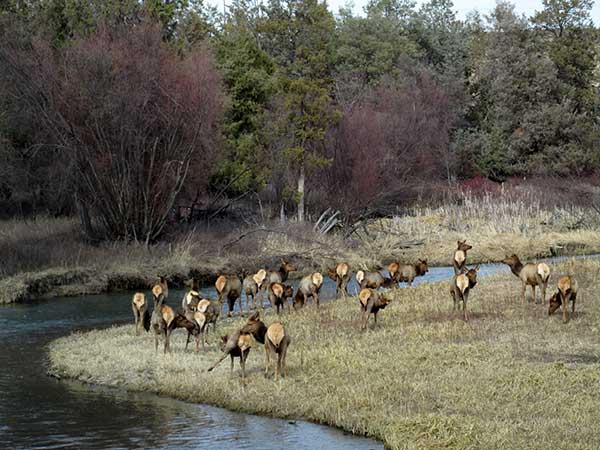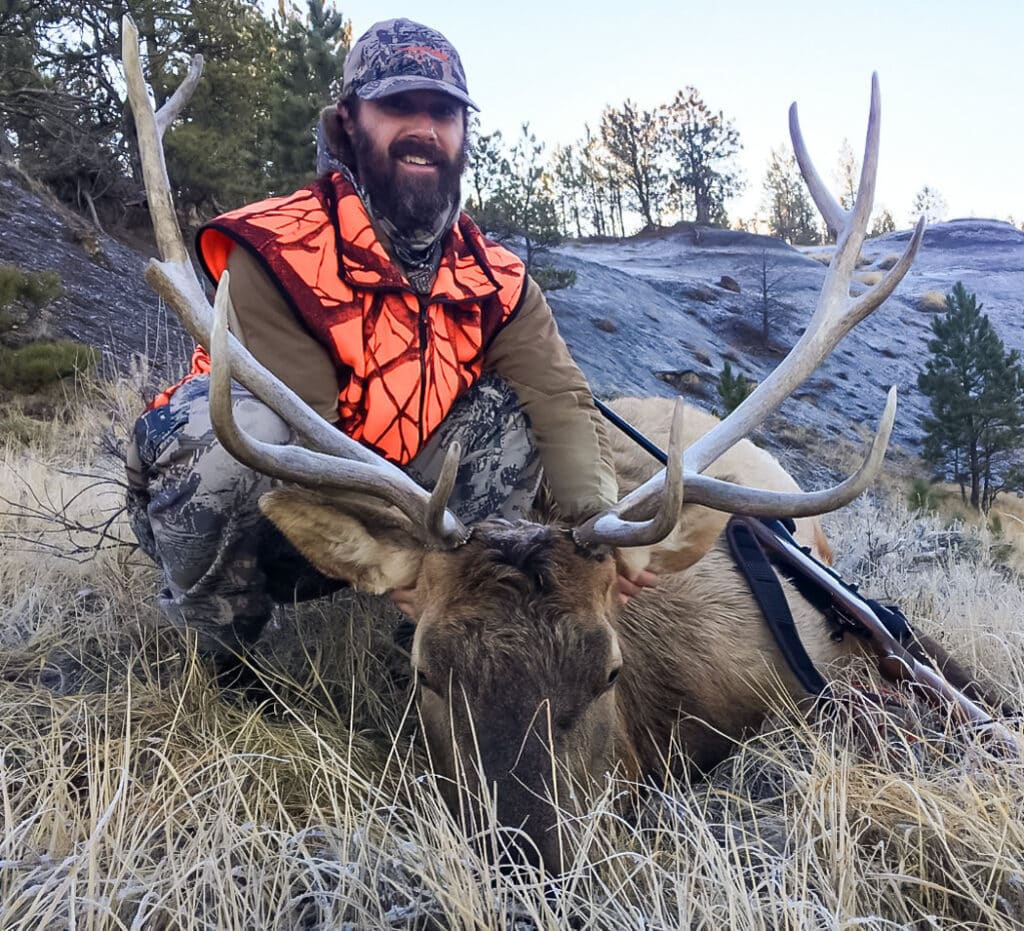
First it was the Utah politicians who wanted to take over Montana’s national forests. Now, it’s the Idaho politicians.
Idaho Representative Raul Labrador’s “Self-Sufficient Community Lands Act” (H.R. 2316) has a clever name, and is couched as using collaborative groups’ work to improve public land management. But in truth, it would hand control over our national forests to an unaccountable local committee and exempt all logging or other natural resource work from bedrock environmental laws. The bill throws out the idea of multiple use and disregards any standards for wildlife, fisheries, clean water, and public access.
Representative Labrador has said that his bill was conceived by a group of county commissioners from Idaho and that its primary purpose is to promote the idea that management of national forests should be handed over to state and local control. Like other proponents of “transferring” our national lands to states, Labrador claims this would improve management and put money in the coffers of local counties, without harming public access for hunting and fishing. It just sounds too good to be true, and that’s because it is.
In fact, the Labrador bill would pave the way for up to 4 million acres of national lands to be designated as “demonstration areas” under the management of a four-person local committee. The politically-appointed committees would have complete control over these formerly public lands. And the lands there would be exempt from all environmental laws, including the Clean Water Act that protects our coldwater streams and rivers, as well as other key laws including the National Forest Management Act and the Endangered Species Act.
Local collaboration is crucial to effective national forest management. As someone who recently started serving on a collaborative group, I can say that H.R. 2316 has nothing to do with local collaboration and everything to do with bulldozing the public off of our lands.
Authentic collaborative groups involve a broad group of stakeholders, ensuring that everyone has a voice. They hold in-depth, public meetings in which everybody is heard. They review issues thoroughly and according to the best science. They have subcommittees that take more in-depth looks at specific areas or issues. They hash out the details of projects.
Only after extensive work does a local group’s recommendation go forward to the public land agency. The public still has all the channels to make its voice heard and give input on projects, which are implemented in full compliance with federal environmental laws.
Forest management projects put together by local collaborative take time, but they’re worth it. They’ve had the input of conservationists, ranchers, loggers and local government officials, and they’re more likely to stand up to challenges because that’s been considered in the process. And we have plenty of examples from all over Montana of how local collaboration can improve forest management.
Unfortunately, Representative Labrador’s bill would reject authentic local collaboration and effective national forest management in order to push an ideological agenda to transfer national forests to state and local control. Our public lands are too important for political experiments.
Nick Gevock is the Montana Wildlife Federation’s conservation director.
Public Land Debate: State Takeover Remains an Unpopular, Unworkable Idea

